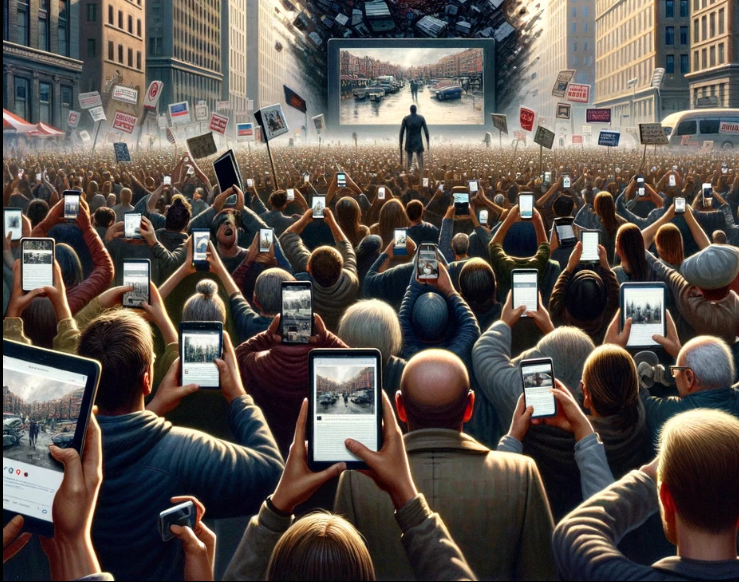Summary
- The vote count for Pakistan’s recent election has concluded, with Imran Khan’s allies winning the most seats in the National Assembly, but not enough to form a majority.
- With no single party having enough seats to create a government independently, hopes of ending political turmoil are dampened. Khan’s party has declared victory and is urging all institutions to respect its mandate.
- However, there have been protests and petitions challenging the election results, and foreign governments have expressed concerns about irregularities and manipulation.
- Khan’s populist rhetoric and the country’s internet-savvy youth are reshaping Pakistani politics. His party used social media and AI to reach voters and mobilize support, bypassing state censorship.
Further background can be found on our situational brief on the lead-up to Pakistan's election. Details
Independent candidates, mostly nominated by Imran Khan’s PTI party, claimed 101 seats, followed by Nawaz Sharif’s Pakistan Muslim League-Nawaz with 75 seats. The Pakistan People’s Party came in third with 54 seats. The delayed release of the results and communication blackout raised concerns about the credibility of the election. Khan’s candidates ran as independents due to a decision by the election commission to bar them from running under his party’s symbol. With no single party having enough seats to form a government independently, hopes of ending political turmoil are dampened.
In the lead-up to the elections in Pakistan, the establishment (commonly used in Pakistan as a euphemism for the military) took several actions to suppress the PTI, focusing particularly on digital content. The PTI faced a state-backed crackdown that included internet disruptions and blocks to major social media platforms. These actions were particularly evident during PTI’s online political gatherings and rallies, where internet connectivity issues were reported, limiting access to social media and PTI’s websites. Additionally, there was a mobile network blackout on polling day, making it difficult for voters to find details of their polling stations, despite court orders to ensure uninterrupted internet access.
AI played a notable role in countering these actions, particularly through the use of generative AI and deepfake technologies to influence voters and counter narratives. For instance, the PTI used generative AI tools to release a political speech by the imprisoned Imran Khan, marking an innovative use of technology in political campaigning. This AI-generated video was shared widely on social media platforms despite internet disruptions and social media blocks. AI was also used to generate a speech by Khan claiming victory in the aftermath of the elections.
The election period also saw the circulation of deepfake videos, further adding to the challenges of navigating digital information and discerning the authenticity of online content. These AI-generated manipulations have raised concerns about their potential to mislead voters and disrupt the democratic process.
